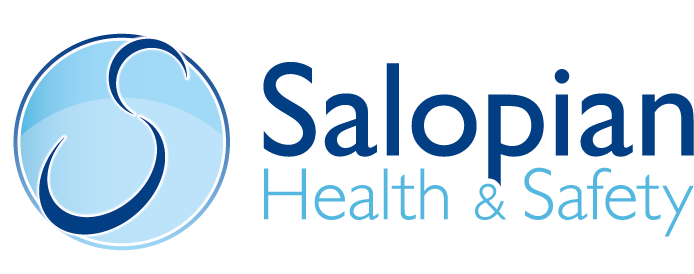
I think we all know by know what coronavirus is, but just to clarify;
COVID-19 is an illness that can affect the lungs and airways. Symptoms are fever, cough, shortness of breath and breathing difficulties. It’s caused by a virus called coronavirus. In January 2020 the World Health Organization (WHO) declared coronavirus a global health emergency.
The risk of catching COVID-19 depends on where you live or where you have travelled recently.
So what can employers do to protect their staff?
Don’t panic but take sensible and proportionate measures such as ensuring that workers have access to appropriate hygiene facilities such hot water, soap and bins to get rid of used tissues.
The risk of catching it within the workplace is low, although an increasing number of employers are encouraging their employees to work from home in order to help to prevent further spread of the virus.
Workers are advised to maintain good hygiene standards around the workplace by following the latest advice from the World Health Organisation’s (WHO) website which includes the following basic protective measures:
- Wash your hands frequently with alcohol-based hand wash or wash with soap and water for at least 20 seconds
- Maintain social distancing- maintain at least 1 meter (3 feet) between yourself and anyone who is coughing or sneezing
- Avoid touching eyes, mouth and nose
- Practice respiratory hygiene – Using the nearest waste receptacle to dispose of the tissue after use
- Stay informed and follow the advice given by health care providers
In the UK, the National Health Service (NHS) has advised that most people can continue to go to work, school and other public places, and that self-isolation is only to be undertaken if the individual is advised to do so by the 111 online coronavirus service or a medical professional. Read the full NHS advice here.
Which emergency plans do you need to have in place?
The Institute of Occupational Safety and Health (IOSH) advises that businesses follow good practice in emergency planning, preparedness and response. This can be achieved by adopting the following steps:
- Develop a response plan for if someone in the workplace becomes ill with suspected COVID-19. This should include the immediate response e.g. isolate the individual and contact the local health authority
- Plan to identify persons who may be at risk without stigma or discrimination
- Explore ways of remote working (teleworking) that will allow workers to continue their work from home
- Develop a business
continuity plan for an outbreak, which covers:
- How your organisation will continue to function if workers, contractors and suppliers cannot come to your place of business
- Visitors and vendors who have access to the building
- Communicate to workers and contractors about the plan and their role in it
- Ensure the plan addresses mental health and social consequences of a case of COVID-19 in the workplace
What if you or your employees need to travel for work?
IOSH recommends the following key actions organisations can take to manage traveller health, safety and wellbeing:
- To effectively manage travel risk, you need to ensure you have proportionate and robust policies, procedures and controls in place. Communicate them to all relevant parts of your organisation, providing information, instruction and training as appropriate.
- Consider whether the travel is absolutely necessary: can you achieve the same result with video conferencing?
- If travel is deemed necessary then you need to effectively but proportionately manage the risk, with controls identified and implemented which reflect the nature and severity of the risk. Such controls should be identified through a travel risk assessment.
- You will always need to know where your workers are and where they are going. Some travel management systems provide tracking and alert functions, and there are also products utilising GPS.
- Should your travellers become involved in an incident or emergency situation, you need to have a means by which to provide support for them. Businesses should source local emergency phone numbers in countries, giving employees quick access to assistance. Most schemes and business travel insurance packages offer a 24/7 helpline which triggers support services for the traveller, providing assistance with medical treatment and repatriation due to injuries and illness as well as helping with lost documents, stolen money and other common travel-related problems.
- Finally, don’t forget your travellers’ wellbeing. Frequent international travel has been shown to have negative effects on both physical and mental health, with situations such as a disease outbreak providing further sources of concern.
The current situation and guidance with regards to this virus is changing rapidly, so ensure you continually review your control measures and regularly communicate these to your workers.
Useful links:
For updates on the coronavirus, please visit the Public Health England website.
For useful Q & A’s regarding Coronavirus visit the World Health Organisation (WHO) website.
Should you like any advice on how to apply the measures above, then just get in touch here.

Sarah Mellor CMIOSH MIIRSM
Salopian Health & Safety Limited
T: 01630 657084
E: enquiries@salopiansafety.co.uk
W: SalopianSafety.co.uk
